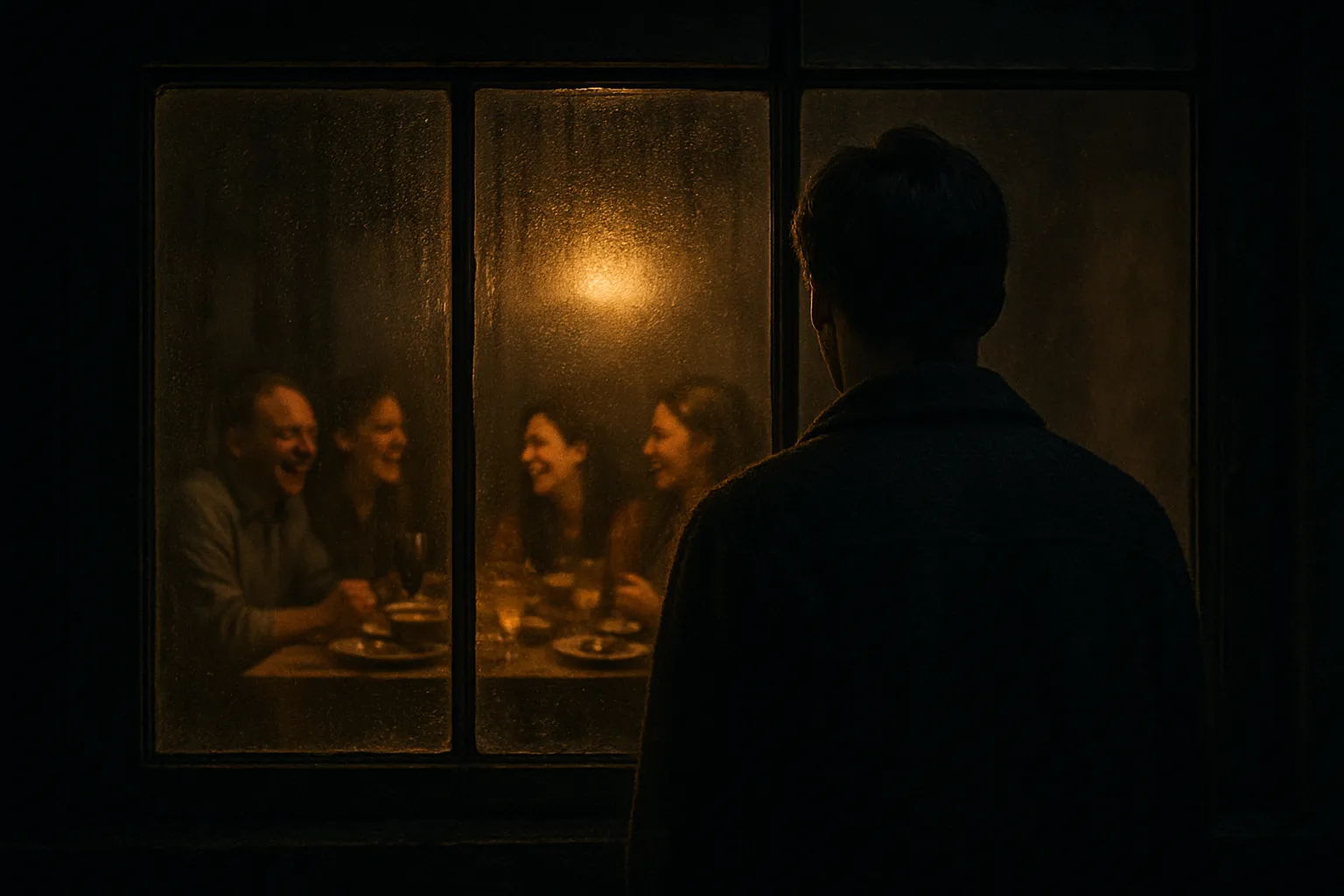Cultural Differences Leading to a Breakup

When Love is Not a Universal Language
Intercultural relationships can be some of the most enriching experiences of our lives. They open our minds, expand our worlds, and challenge our assumptions in beautiful ways. But sometimes, despite a deep and genuine love, the invisible but powerful forces of our cultural upbringings can create friction, misunderstandings, and eventually, a chasm that even the strongest connection cannot bridge. When a relationship ends due to these differences, the heartbreak is unique, often feeling like a 'no-fault' tragedy that is both confusing and deeply painful.
It's More Than Just Food and Festivals: Unpacking "Culture"
The cultural differences that lead to breakups are rarely about superficial things like different cuisines or holiday traditions. The real challenges stem from deeply ingrained, often subconscious, values and assumptions about the world that are instilled in us from birth. Culture is the unspoken rulebook for how we live, and it shapes our fundamental beliefs about:
- The role of the individual versus the family or community.
- Acceptable ways to communicate and handle conflict.
- Gender roles and expectations within a partnership.
- The definition of success and the proper way to handle money.
- The expression of emotions like love, anger, and grief.
When your internal rulebook and your partner's are fundamentally different, you can end up in a constant state of unintentional conflict.
The Fault Lines: Where Cultural Values Often Clash
These deep-seated differences often manifest in several key areas of a relationship.
- Individualism vs. Collectivism: This is one of the most significant cultural divides. A partner from a highly individualistic culture (like the U.S. or Australia) may prioritize personal happiness and autonomy. A partner from a collectivist culture (common in many parts of Asia, Africa, and Latin America) may believe that the needs of the family and community must come before individual desires. This can lead to profound conflicts over everything from career choices to how much time is spent with in-laws.
- Direct vs. Indirect Communication: In some cultures, direct and explicit communication is valued. You say what you mean. In many others, a high value is placed on social harmony, so communication is indirect, nuanced, and relies heavily on non-verbal cues. This can lead to a frustrating dynamic where the direct communicator feels their partner is being evasive, and the indirect communicator feels their partner is being rude and aggressive.
- The Role of Extended Family: In many cultures, when you commit to a person, you are committing to their entire family. Parents and extended family may expect to have a significant role and influence in the couple's life decisions. For a partner from a more nuclear-family-oriented culture, this level of involvement can feel deeply intrusive and suffocating.
- Gender Roles and Expectations: Partners may come to the relationship with vastly different, culturally ingrained beliefs about the roles of men and women regarding finances, domestic labor, and childcare, leading to a constant and exhausting negotiation of expectations.
The Unique Pain of a Cultural Divide
Healing from this type of breakup can be particularly complex. Because you may still deeply love and respect the person, the ending can feel deeply unfair—a casualty of circumstance rather than a failure of love. There is often a profound sadness not just for the loss of the person, but for the loss of the beautiful ideal of bridging two worlds together. Your grief can also feel isolating, as friends and family from your own culture may not fully grasp the depth and nuance of the issues that pulled you apart.
A Lesson in Empathy and Acceptance
The end of an intercultural relationship is a powerful, albeit painful, lesson that sometimes love is not enough to overcome fundamental differences in how we are wired to see the world. It is not a failure on your part, nor is it a judgment on either culture. It is a testament to the profound power that our upbringing has on us. The experience, while heartbreaking, has undoubtedly expanded your worldview and your capacity for empathy. As you heal, carry that lesson with you. Be grateful for the bridge you attempted to build, and be deeply compassionate with yourself for having the courage to walk a separate path when you realized the two sides could not truly meet in the middle.


